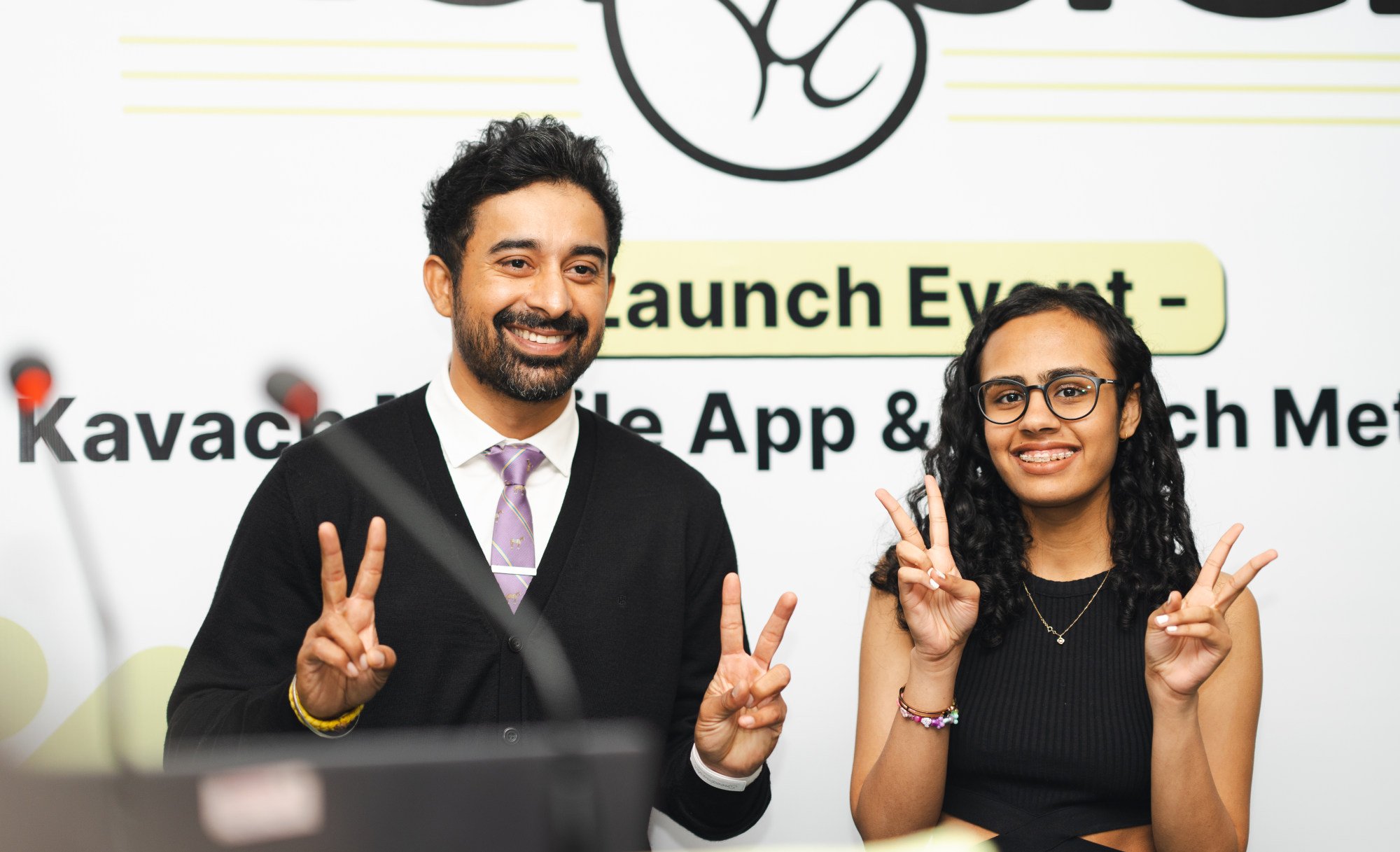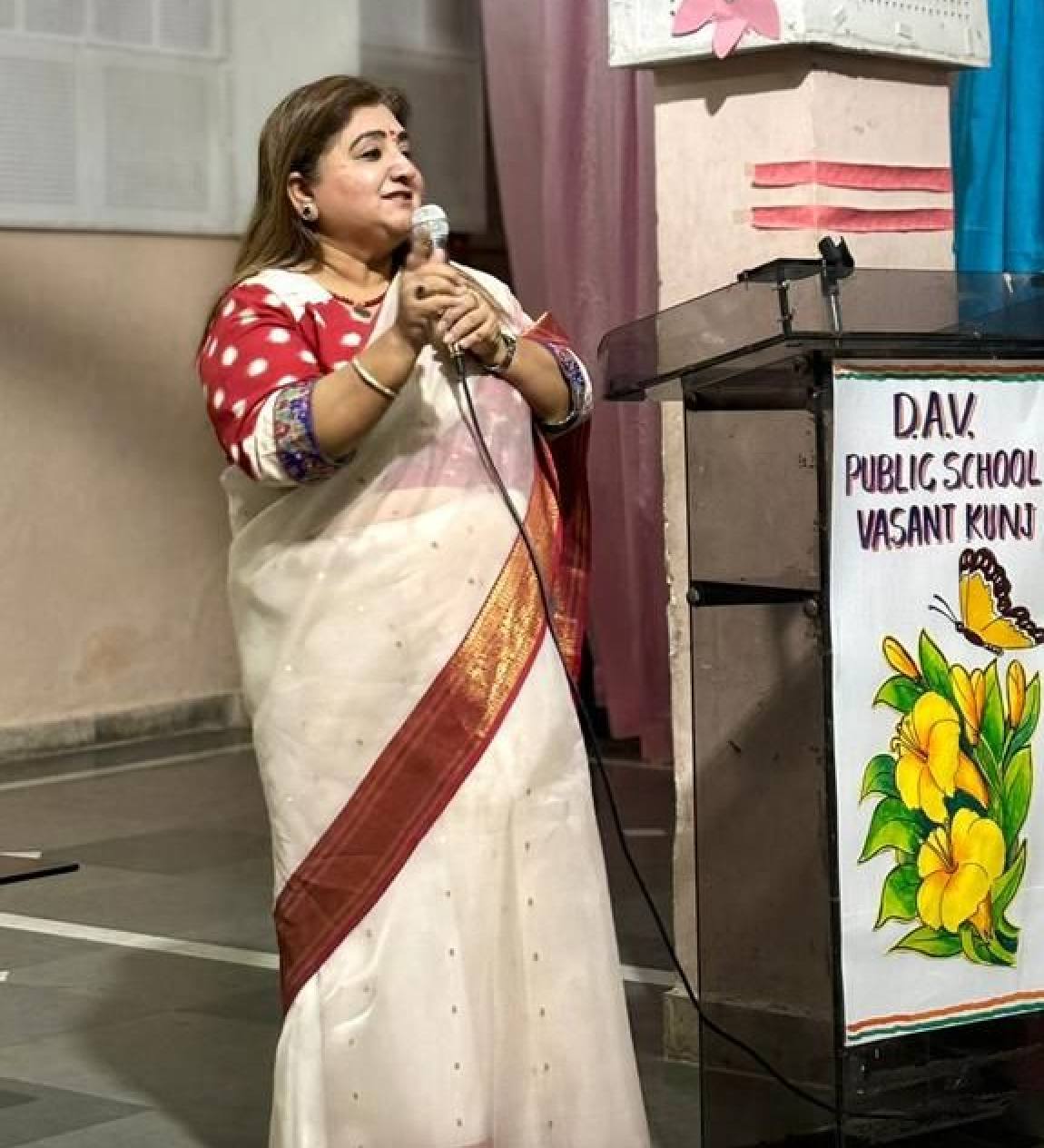When Indian student Anoushka Jolly was barely nine, she was bullied because of her dark skin and curly hair. Three of her peers demanded her to tie their shoelaces and clean their plates after lunch at their school in the northern Indian town of Gurgaon.
Jolly, 15, struggled to overcome the mental distress suffered until one day, on the advice of her parents, she decided to politely refuse her bullies. They stopped bothering her, and instead targeted a younger child. This time, Jolly had enough, and defended the victim.
Children can use this app anonymously to speak about their issues that affect their mental health
“Children can use this app anonymously to speak about their issues that affect their mental health,” Jolly told This Week In Asia, adding that the app has many self-help materials for teenagers to deal with self-doubt, loneliness and friendships.
Alongside the app, Jolly also launched a metaverse platform for students seeking therapy. The two initiatives were launched after she secured US$100,000 in funds over two years thanks to the support of her entrepreneur father and her mother, an accountant.

In 2018, Jolly became her school’s first anti-bullying ambassador, and formed an anti-bullying squad in Gurugram to help students file complaints and seek help from counsellors.
Four years later, Jolly received 500,000 Indian rupees (US$6,000) on a television reality show for entrepreneurs. She used that money to develop a web-based app called abskavach.com, aimed solely at countering bullying and cyberbullying. More than 20,000 students have enrolled in a bullying awareness course offered on the app.
Since 2018, Jolly has interacted with more than 2 million students across India.
Scammers in India up their game with likes-for-cash jobs on social media
Scammers in India up their game with likes-for-cash jobs on social media
Cyberbullying is a big problem for children in India.
A 2022 report by cybersecurity firm McAfee found that more than one in every three Indian children, or 42 per cent, have suffered racially motivated cyberbullying as opposed to one in every four (28 per cent) children worldwide. Similarly, India reported the highest rate of cyberbullying involving sexual harassment at 30 per cent, which is twice the global average of 15 per cent.
“In many cases, students threaten to share their personal pictures of dating or smoking or drug parties with the parents of their teen partners or in social media, after their break-up to teach their partners a lesson,” said Kumar, adding that not many seek help from counsellors voluntarily.

Last year, when classmates of 15-year-old P.M., who prefers to use her initials, spread “hurtful rumours” about her on social media, she had no one to turn to except Jolly, who connected her with a counsellor who convinced her parents to be more empathetic.
According to P.M., the Kavach app will help adolescents build “self-confidence”, to deal with their problems.
Kumar believes that Kavach’s awareness programme about bullying may transform children from “bystanders” to “protectors” for their peers.

